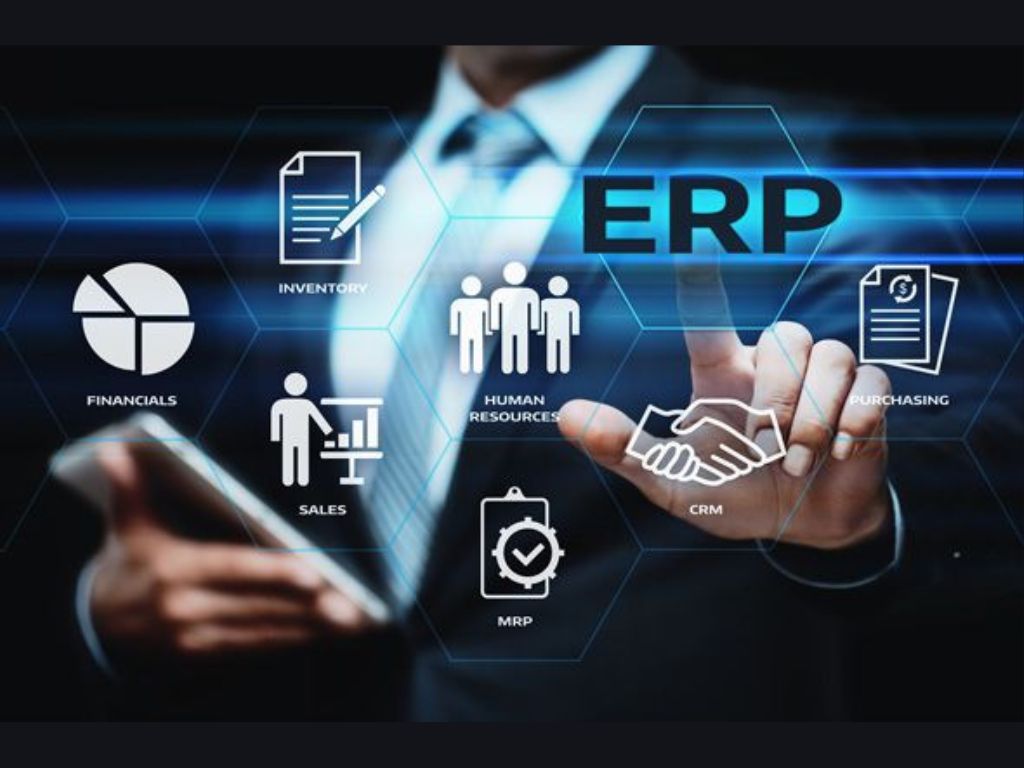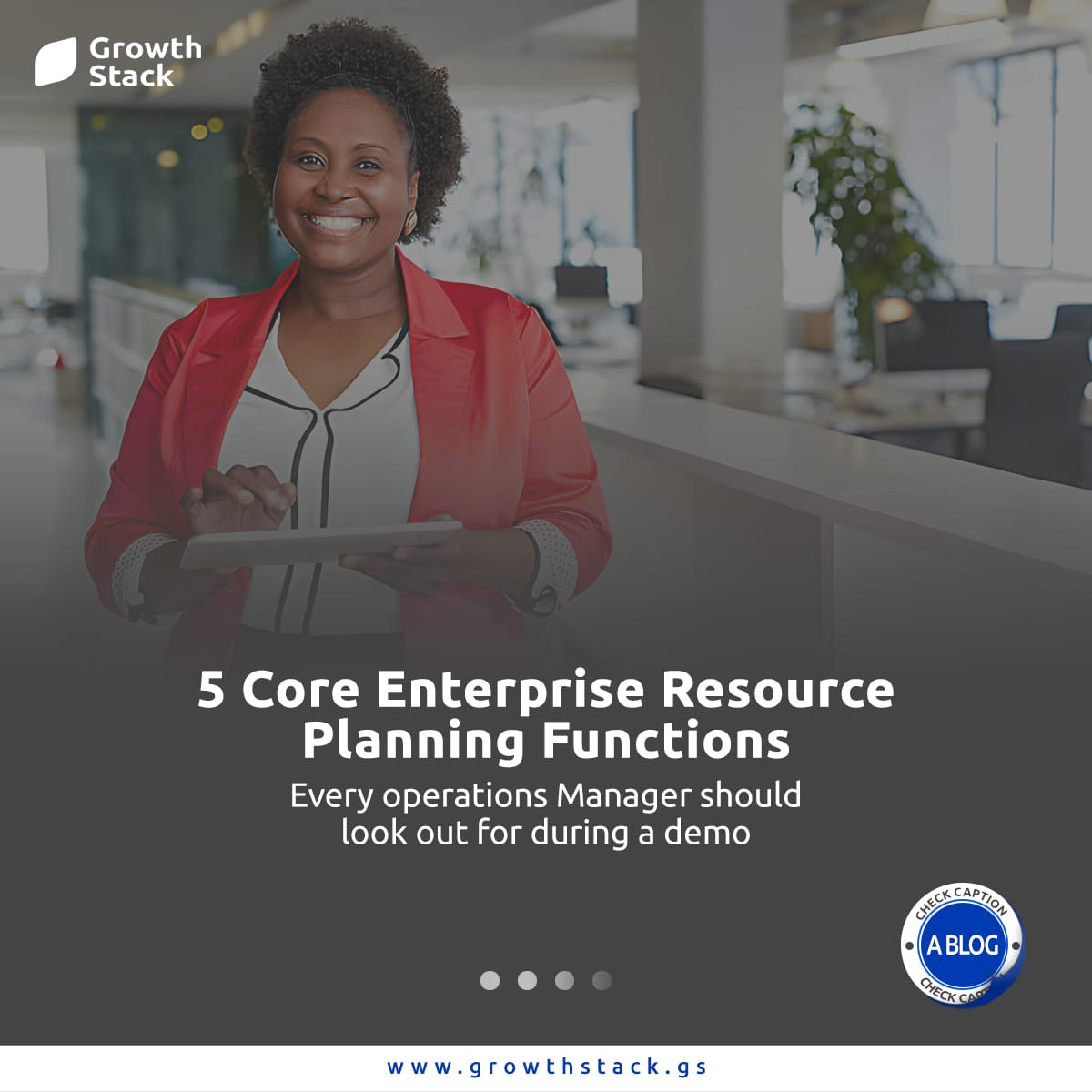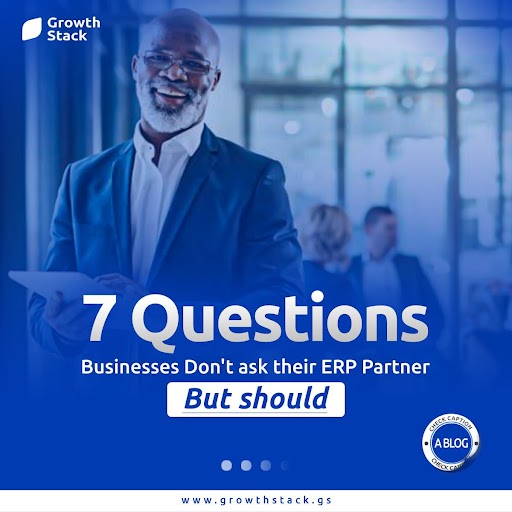Introduction:
Organizations are continuously looking for methods to streamline processes, enhance efficiency, and gain a competitive edge in today’s fast changing business market. ERP software has evolved as a powerful tool for integrating and managing numerous areas of a business, allowing for seamless coordination and increasing productivity. This article will provide an overview of ERP software, covering its fundamental ideas, features, and benefits.
What exactly is ERP software?
ERP software is a complete system designed to manage and connect an organization’s main business processes, operations, and data. It acts as a consolidated platform for departments including finance, human resources, supply chain management, manufacturing, sales, and customer relationship management. ERP software allows firms to streamline operations, improve decision-making, and achieve better efficiency by unifying data and facilitating communication between departments.
Key Components of ERP Software:
Core Modules:
ERP software is often comprised of basic modules that address fundamental company operations. Finance and accounting, human resources, supply chain management, inventory management, procurement, manufacturing, sales, and customer relationship management are common modules. Each module targets a different part of the business and allows for the efficient management of associated operations.
Centralized Database:
A centralized database that stores and manages data from various departments and modules is a major element of ERP software. This central repository maintains data consistency, avoids unnecessary data entry, and gives everyone in the business real-time access to accurate information. It facilitates data sharing, collaboration, and reporting, resulting in better decision-making.
Integration and Workflow Automation:
ERP software integrates several departments and automates workflows, enabling for the seamless flow of information and tasks across diverse functions. For example, when a sales order is created, it initiates the relevant processes in inventory management, production planning, and finance. This integration lowers manual intervention, mistakes, and improves process efficiency.
Benefits of ERP Software: Implementing ERP software offers numerous benefits to organizations, including:
Process Streamlining: ERP software eliminates data silos, streamlines workflows, and delivers a single view of business activities. This improves departmental cooperation, decreases duplication of effort, and increases overall efficiency.
Improved Decision-Making: By providing decision-makers with real-time access to reliable data, ERP software enables them to make more educated decisions. It offers extensive insights, analytics, and reports, allowing for more effective strategy planning and resource allocation.
Enhanced Productivity: Routine task automation and improved processes allow staff to focus on value-added activities. ERP software eliminates human data entry, automates reporting, and promotes effective cooperation, resulting in greater productivity.
Cost Savings: ERP software helps firms save money by optimizing processes, minimizing manual errors, and improving resource usage. It removes the need for many separate systems, improves inventory management, and provides more financial transaction control.
Scalability:ERP software is designed to scale to meet the changing needs of enterprises. The system can scale up to manage additional data quantities, users, and business complexities as enterprises grow.
Conclusion:
ERP software serves as the foundation of enterprises, allowing for the efficient management of critical activities and procedures. Organizations can increase efficiency, improve decision-making, and save money by merging multiple divisions and streamlining procedures. Understanding the fundamentals of ERP software enables businesses to make educated decisions when selecting and deploying a suitable solution.
















